Organic agriculture is very popular in Brazil and has been growing for several decades. The country has a long tradition of producing organic fruits and vegetables, which has helped develop a strong organic sector. As a result, there are many certified organic farms in Brazil, and the industry is growing rapidly. Brazil has been ranked as one of the top five countries in the world for organic farming certification, thanks in part to regulations put into place by the government that support sustainable agricultural practices.
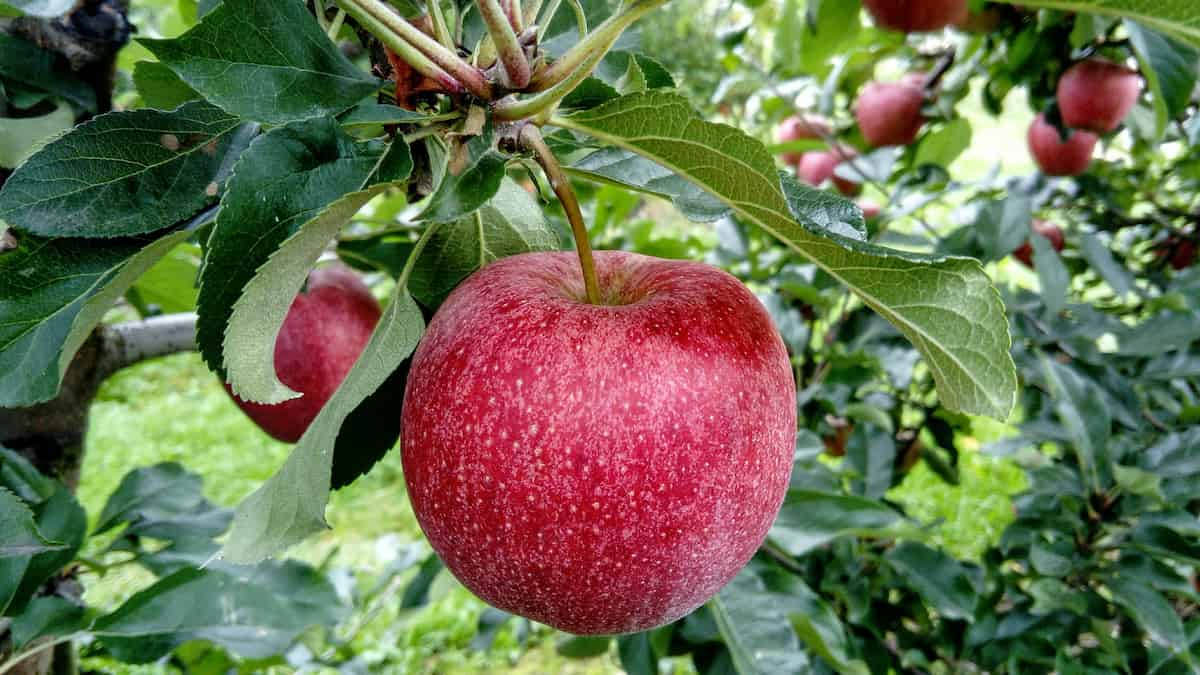
How to start organic farming in Brazil
What is organic farming?
Organic farming relies on practices that prohibit or restrict synthetic chemicals, instead relying on natural methods to control pests and manage soils. Organic agriculture has been criticized for having lower yields than conventional agriculture. Still, it has been gaining in popularity due to concerns about the environmental and health effects of synthetic chemicals. In Brazil, organic farming is still a small part of the agricultural sector, but it is growing rapidly because of the country’s rich biodiversity and commitment to sustainable development.
What are the organic farming practices in Brazil?
Brazilian organic agriculture is based on three principles: ecological succession (rotation of crops and pastureland), agroforestry (using trees as part of a farm system), and natural pest control methods. These practices help to maintain healthy soil ecosystems and improve soil fertility. Brazilian farmers also rely heavily on biodynamic agriculture techniques, which include using natural elements such as earthworms and plant hormones to promote plant growth. One of the most prominent organic farming practices in Brazil is crop rotation.
This method helps to improve soil health as various plants help break down decaying matter and promote the growth of new plants. Additionally, organic farmers often use cover crops to protect soil against erosion and provide food for beneficial insects. Another important organic practice in Brazil is composting. This process helps to create fertile soil by breaking down organic materials into small particles that the earth can absorb. Lastly, Brazilian farmers often rely on natural pest control methods, such as predator bugs, ladybugs, and spiders.
Do they grow organic fruit and vegetables in Brazil?
There is a growing organic farming movement in Brazil, but it’s not always easy to find certified organic produce. Despite this, there are many producers of organic fruits and vegetables in the country. Brazil has a long and rich agricultural history, and many farmers still grow traditional crops, such as corn, soybeans, and rice. But the growth of organic farming is especially pronounced in the Amazon region, where land is plentiful, and rainfall is consistent.
Steps to start an organic farming business plan in Brazil
There are a few steps to take when starting an organic farming business in Brazil. First, understand the regulations governing organic farming in the country. Next, get ahold of approved organic production land and figure out what crops will be most productive.
Decide what type of organic farming you want to do
There are a few different types of organic farming available in Brazil, including Integrated Farm Management (IMF), Sustainable Custom Farming (SCF), and Organic Smallholder Agriculture (OSA).
Get a business license
To operate an organic farming business in Brazil, you must obtain a business license from the relevant government.
Choose your location
Once you have decided on the type of organic farming that you would like to do, select a suitable location for your farm.
Get financial backing
To start an organic farming business in Brazil, it is important to have financial backing from investors or sponsors.
Register your trademark and copyright information with the Intellectual Property Office (IPO)
It is important to protect your intellectual property rights when operating an organic farming business in Brazil, so it is wise to register your trademark and copyright information with the IPO beforehand.
Build a team of experts
When starting an organic farming business in Brazil, it is essential to assemble a team of experts who can help you manage and operate your farm successfully. Finally, establish a production schedule and marketing strategy.
In case you missed it: How to Start Greenhouse Farming in Brazil: Steps, Cost, Crops, Benefits, and Challenges
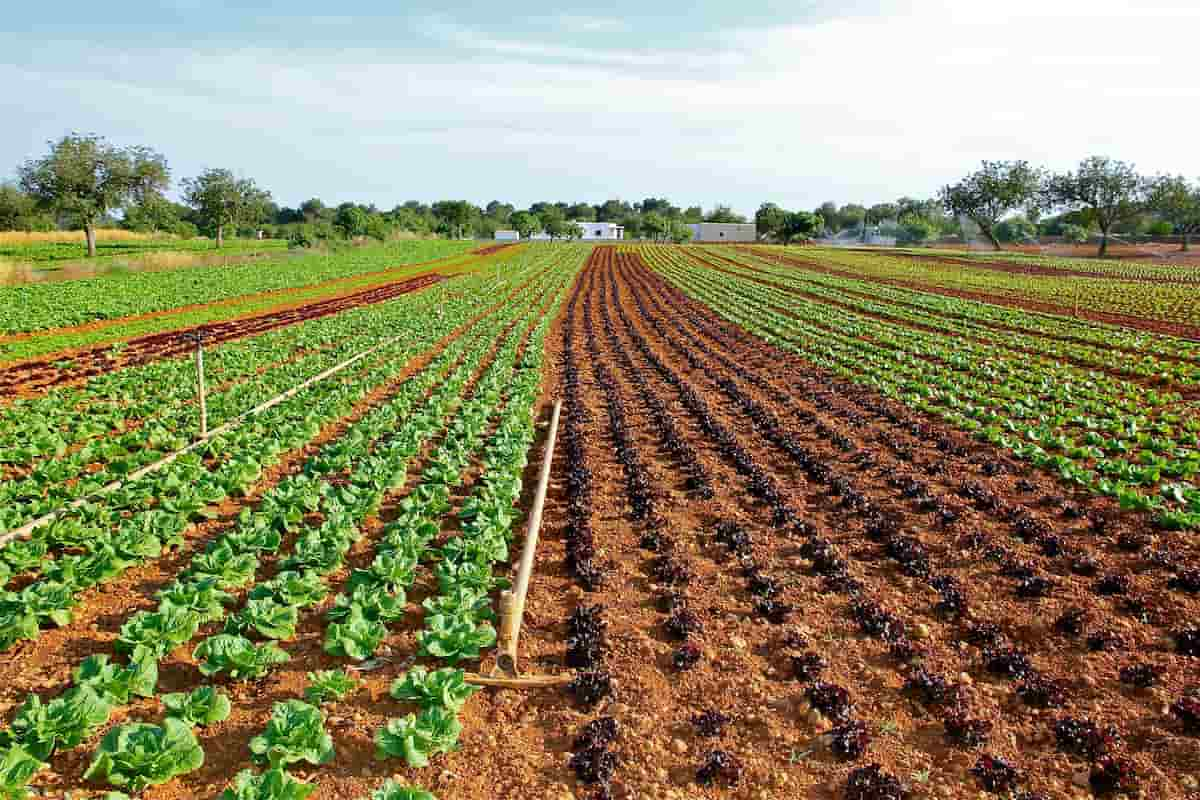
Why is organic farming becoming more popular in Brazil?
There are many reasons why people are turning to organic farming in Brazil. Some believe it’s better for the environment, while others say it’s better for the quality of their food. Organic farming typically uses less chemicals and other inputs, which can help preserve natural resources and improve soil health.
It also tends to produce higher-quality food than traditional farming methods. Some Brazilian farmers are already successfully growing crops using organic methods. There is potential for this trend to continue as more people learn about the benefits of organic farming and decide to try it out themselves.
Problems of organic farming in Brazil
There are many problems with organic farming in Brazil. First, the legislation is not well developed, so there is a lot of confusion about what is and is not allowed. Second, the land is not always suitable for organic farming because it needs to be in good condition and have a high fertility rate to produce enough food without chemical inputs. Third, there is a lack of financing for small farmers to switch to organic farming. Fourth, Brazilian farmers have little experience or knowledge about organic farming successfully.
Organic vegetable farming in Brazil
Brazil is one of the leading organic vegetable producers in the world, with a yield of 30 to 60 percent more than conventional farming. Organic agriculture’s benefits are manifold: it conserves soils, reduces environmental impact, improves nutrition, and helps control pests and diseases. Organic farming methods use no synthetic pesticides, herbicides, or fertilizers. Instead, they rely on natural methods such as crop rotation, cover crops, and composting to manage weeds and pests.
Biological controls are also used to help regulate pest populations. The main challenge for organic farmers in Brazil is finding markets that are willing to pay a premium for certified products. However, with the right marketing strategies, there is potential for organic farming to grow even more in Brazil.
Key rules to start organic farming in Brazil
Firstly, you must have a zero-tillage system
You won’t plow the soil or use any other intensive farming methods. Secondly, you must use cover crops and companion plants to improve the soil and help prevent erosion.
Choose an area with good soil
To produce high-quality organic products, you need fertile soil that is well-drained and has a low moisture content.
Build your planting beds in layers
Start preparing your soil by building planting beds in layers, working from the bottom up.
Use cover crops
Plant cover crops between the rows of crops to help improve the soil quality and reduce weeds. You must follow all crop rotation guidelines to keep your farm healthy and productive.
Till regularly
Till your land regularly to improve drainage and help control weeds.
Get certified
Check with your county agricultural extension office for information on certification programs and how to get started.
In case you missed it: How to Start Goat Farming in Brazil: Rearing Business Plan, Breeds, and Management
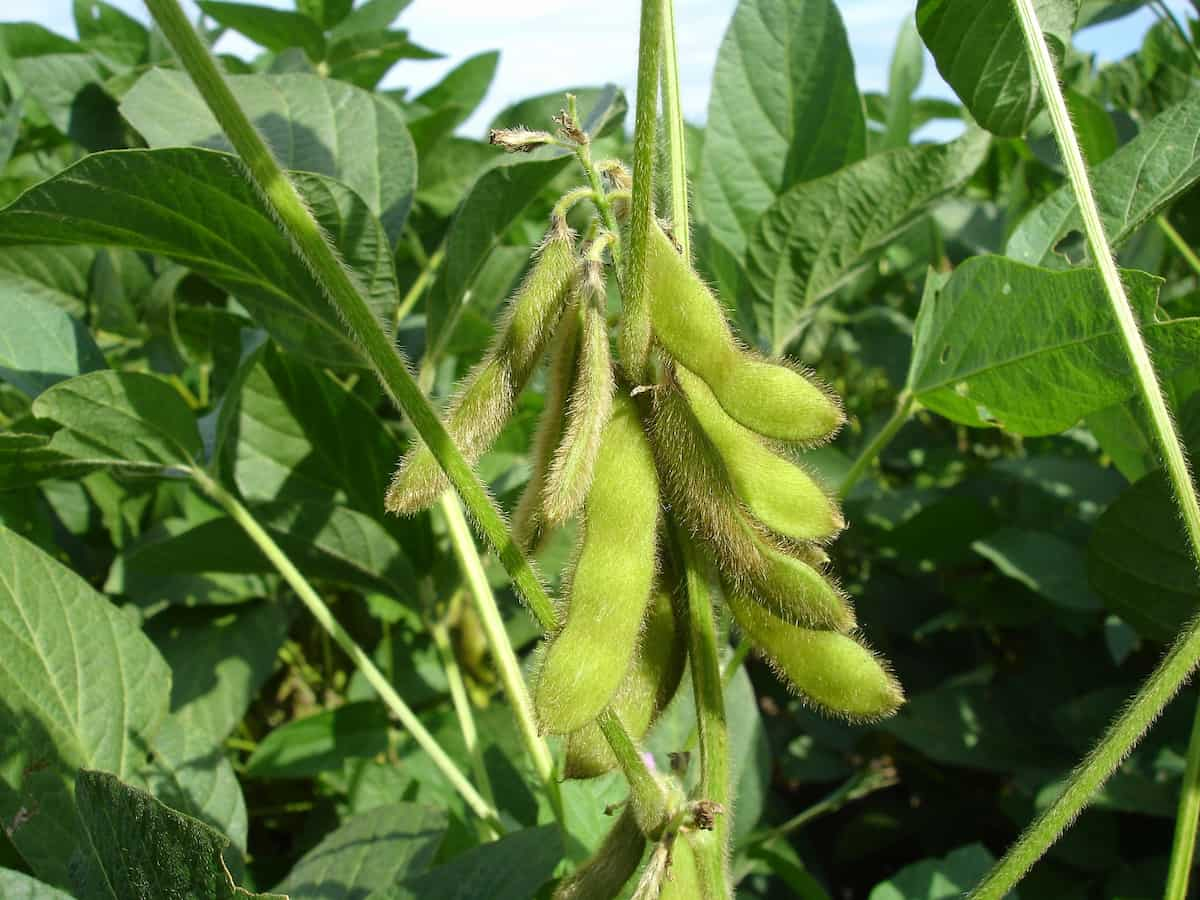
Certified organic farms in Brazil
Brazil is one of the world’s leading organic farming countries, with certified organic acreage accounting for more than 12 percent of total agricultural land. However, the popularity of organic farming has led to a shortage of certified farmers, and the government has responded by offering incentives to certify more farms.
Organic farming practices focus on using natural methods to control pests and diseases. For example, organic farmers often use compost and manure instead of chemical pesticides and fertilizers. They also avoid using genetically modified organisms (GMOs). The Brazilian Organic Agriculture Certification System (SBPA) was created in 2000 as an independent certification body. As of 2016, there were approximately 1,500 certified organic farms in Brazil.
Weed management for organic farming in Brazil
Organic weed management is a necessity for organic production in Brazil. Many common weeds problematic for organic farmers in other countries, such as broadleaf weeds, can be a problem for Brazilian organic farmers because of their high-yielding varieties and extensive cultivation.
There are several methods that Brazilian organic farmers use to manage weeds. One method is to use herbicides sparingly, relying instead on natural predators and nematodes to control pests. Brazil also has several useful plants that can control weeds, such as dandelion and clover. Farmers also have access to seed banks that contain various weed-resistant crops.
Which organic crops are grown in Brazil?
Brazil is one of the world’s leading organic farming countries, producing over 1 million hectares. Of these, around 850,000 hectares are dedicated to organic agriculture. Brazil’s main crops grown in organic conditions are Soybeans, Wheat, Corn, Sugarcane, and Cotton. However, there is a growing emphasis on producing fruits and vegetables.
Given Brazil’s tropical climate and ample rainfall, many farmers are also starting to experiment with organic agriculture methods for citrus fruits and vegetables such as Papaya, Pineapple, and Tomatoes. Brazil has also developed an extensive agricultural research system that has helped improve the quality of organic produce. The country has several universities involved in organic agriculture research and offers several training courses for farmers interested in organic production.
Nutrient management for organic farming in Brazil
One important aspect of organic farming is managing nutrients properly. To achieve good results with organic farming, it is important to understand how different nutrients are used in this agriculture and how to manage them. One key nutrient that needs to be managed carefully is nitrogen. Nitrogen is a key component of fertilizer, and too much nitrogen can result in lush crops that are heavy with foliage but low in fruit or vegetables.
However, too little nitrogen can cause plants to become stunted or weak. There are several ways to manage nitrogen in organic farming systems. One method involves using legumes as a source of nitrogen for the plants. Legumes contain a high amount of hidden nitrogen, which helps to combat Problems with nitrogen over-application. Another way to manage nitrogen is through crop rotation.
This technique helps to prevent the build-up of excess nitrogen in soil ecosystems, which can lead to problems such as water runoff contamination and an increase in greenhouse gas emissions. Finally, composting can also help release excess nitrogen from soils into the environment, where it can be absorbed by other plants or recycled back into the soil
Cost to set up an organic farm in Brazil
The total setup cost for a typical small-scale organic farming operation runs around R$8,000 to R$25,000. The main costs of setting up an organic farm include land acquisition, equipment, building costs, and labor. However, organic farming can often be more profitable than conventional farming due to the higher prices paid for organic products.
In case you missed it: How to Start Sheep Farming in Brazil: Breeds, Business Plan, Challenges, and Management
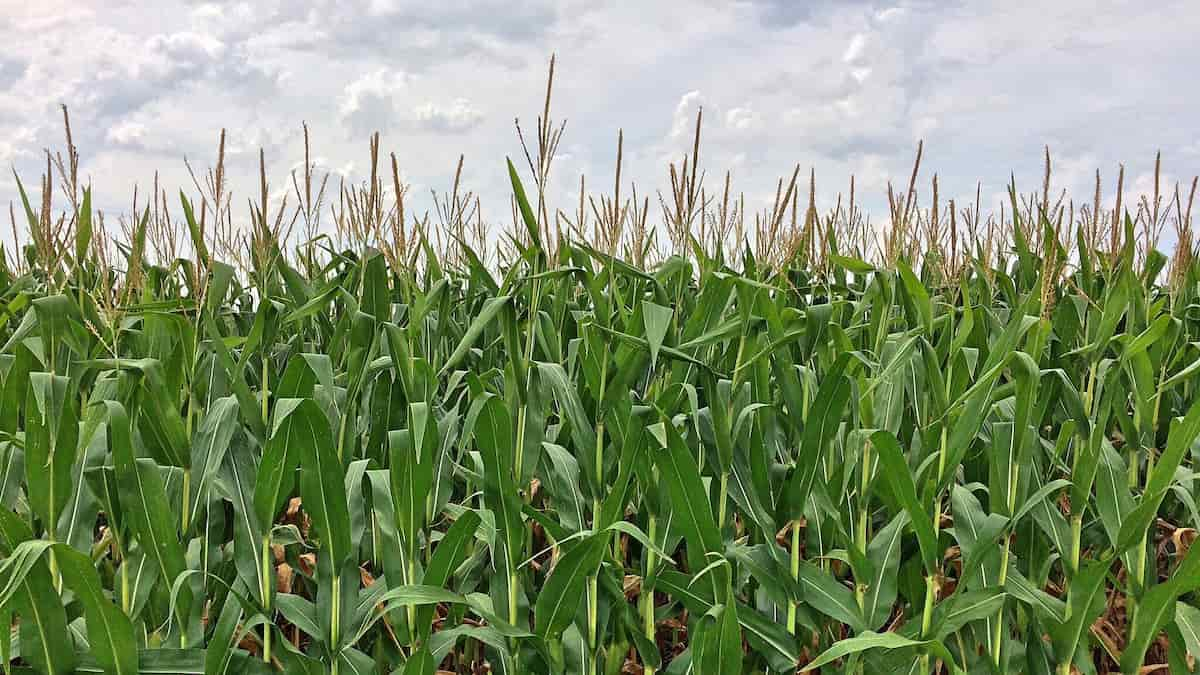
Organic farming certification in Brazil
Brazil is one of the world’s largest organic farming markets, and the organic sector accounts for around 2% of Brazilian agricultural production. The country has several organic certification systems, including the National System for Organic Agriculture (SINAP) and the Brazilian Certified Organic Farming Association (ABRASCO).
There are also several private certifiers in operation. The Brazilian government has supported the organic sector with various subsidies available in cash and kind. In addition, various regional governments have also established funds to promote sustainable agriculture.
Pest and diseases management for organic farming in Brazil
Organic farming relies on methods that don’t damage the environment or the health of the farm workers. One of the main challenges facing organic farmers in Brazil is pest and disease management. Pests and diseases can be a major nuisance for farmers, especially when crops are not performing well. There are several ways to manage pests and diseases on an organic farm:
- Using traditional methods such as pesticides or herbicides.
- Using natural predators or parasites.
- Using biofertilizers and composts or Integrated Pest Management (IPM).
Organic farming relies on natural methods such as crop rotation to improve soil health and fertility. In addition, crops are usually grown sequentially so the land can recuperate between crops. Integrated pest management is also used to control pests without resorting to poisonous chemicals.
In case you missed it: How to Start Hydroponic Farming in Brazil: Business Plan, Crops, Subsidy, and Requirements
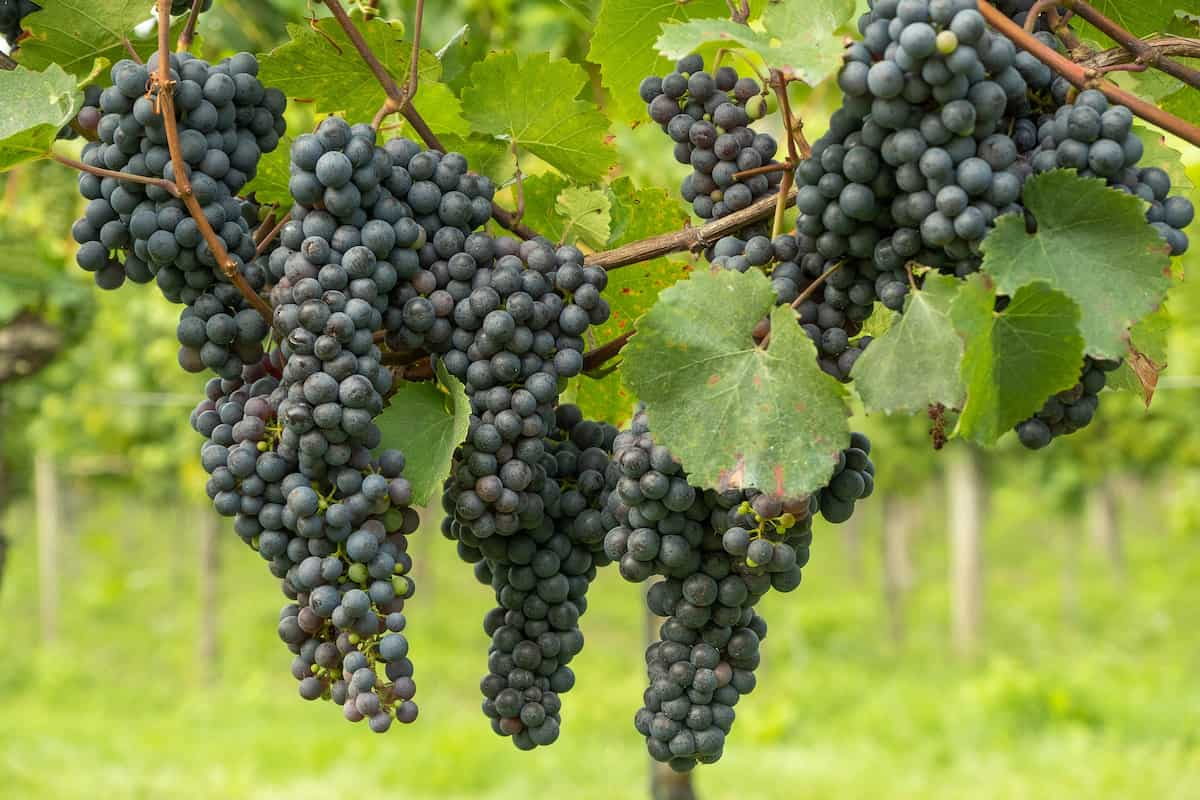
Schemes under organic farming in Brazil
The Brazilian Agricultural Research Corporation offers organic farming subsidies, allowing farmers to receive higher product prices. However, this scheme has some limitations – only a certain percentage of the crop can be designated as organic, and there is also a minimum size requirement for farms benefiting from it. Another scheme, the Rural Development Programme for Organic Agriculture (PRODEP), was launched in 2006 by the Brazilian Ministry of Agriculture.
This program supports small-scale farmers who want to transition to organic agriculture. Farmers receive technical assistance to build or improve their agricultural infrastructures, such as storage facilities and processing plants. They are also given training on managing land using organic methods, and they can sell their produce at a premium over conventional crops.
However, the downside of this program is that it is limited in scope – only 8% of Brazil’s territory is covered by it, and it is currently not available in all Brazilian states. Brazil’s final scheme under organic farming is known as the National System of Certification of Organic Products (SENASA). This scheme allows producers of agricultural goods destined for human consumption to certify that they have used organically approved techniques during production.
Loans and subsidies for starting organic farming in Brazil
Several loans and subsidies are available to farmers growing organic crops in Brazil. The Rural Development Bank of Brazil (BNDES) offers interest-free loans to farmers who switch from conventional to organically produced crops. Also, it provides technical assistance and financial support to smallholder farmers starting on organically managed farms.
A government program also provides subsidized access to inputs such as fertilizers, seeds, and irrigation systems for farmers growing organic crops. Finally, several private companies provide similar services. Overall, Brazilian organic farming is highly successful and becoming more popular yearly.
In case you missed it: How to Start Pig Farming in Brazil: Business Plan, Cost, Profits, Breeds, Care, and Management
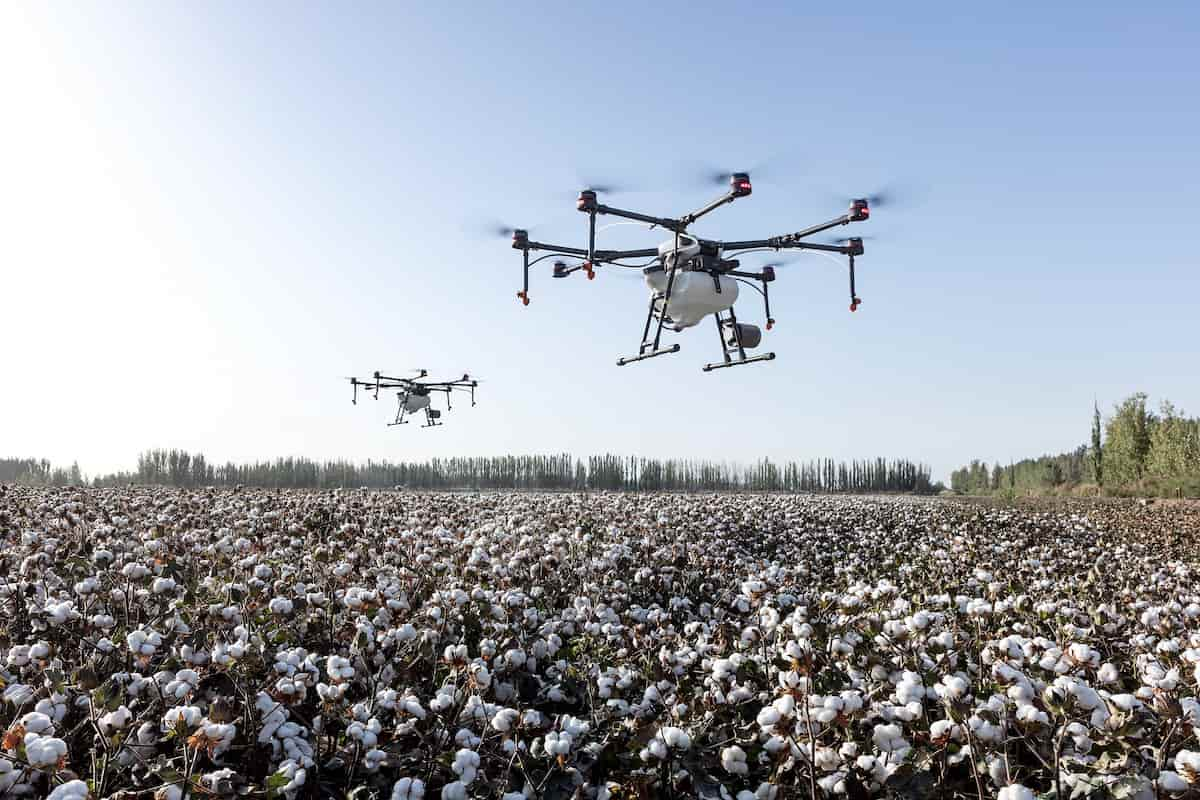
Challenges faced by organic farmers in Brazil
Organic farming in Brazil faces some challenges, including low yields due to the difficulty in reproducing desired organic results on large commercial farms and the high cost of inputs such as seeds, fertilizers, and pesticides. Nevertheless, there is a growing movement among Brazilian landowners to convert their land to organic farming. The organic farming sector in Brazil has been growing rapidly in recent years as the country has become more aware of the environmental and health benefits of organic production.
Despite this growth, there are still many challenges facing the Brazilian organic industry, including a lack of infrastructure and the availability of land. The sector is also threatened by increased competition from conventional agriculture and by authorities’ reluctance to support it fully. Nonetheless, there are huge opportunities for the Brazilian organic industry to continue to grow and develop into a major player in the agricultural sector.
There is limited organic farmland in Brazil, most of which is located in the north. The main challenge for organic farmers is obtaining the necessary inputs, including fertilizer, pesticides, and seeds. Many farmers also face competition from conventional producers who can purchase cheaper inputs. Organic farming also requires more time and resources than traditional farming, which makes it expensive for smallholders.
Another challenge facing Brazilian organic farmers is their inability to benefit from government subsidies available to farmers cultivating conventional crops. This is because Brazil does not have a comprehensive agricultural pricing system that considers the environmental and social costs associated with traditional production methods. As a result, organic farmers often find themselves unable to compete on price with their conventional counterparts.
Conclusion
Today, organic farming continues to be popular in Brazil. Brazil is a country with an abundance of natural resources, which has led to its booming economy in recent years. One of the main sources of this wealth is agriculture, and one of the main crops Brazil exports is coffee. By growing organically, Brazilian farmers were able to create jobs in their communities and protect the environment from harmful chemicals and pesticides.
- Types of Pesticides Used in Agriculture: A Beginner’s Guide
- Economical Aquaculture: A Guide to Low-Budget Fish Farming
- 15 Common Planting Errors That Can Doom Your Fruit Trees
- How to Make Houseplants Bushy: Effective Tips and Ideas
- Innovative Strategies for Boosting Coconut Pollination and Yield
- Pollination Strategies for Maximum Pumpkin Yield
- The Complete Guide to Chicken Fattening: Strategies for Maximum Growth
- Natural Solutions for Tulip Problems: 100% Effective Remedies for Leaf and Bulb-Related Issues
- Revolutionizing Citrus Preservation: Towards a Healthier, Greener Future
- Natural Solutions for Peony Leaf and Flower Problems: 100% Effective Remedies
- Maximizing Profits with Avocado Contract Farming in India: A Comprehensive Guide
- Natural Solutions for Hydrangea Problems: 100% Effective Remedies for Leaf and Flowers
- The Ultimate Guide to Choosing the Perfect Foliage Friend: Bringing Life Indoors
- From Sunlight to Sustainability: 15 Ways to Use Solar Technology in Agriculture
- The Ultimate Guide to Dong Tao Chicken: Exploring from History to Raising
- The Eco-Friendly Makeover: How to Convert Your Unused Swimming Pool into a Fish Pond
- Mastering the Art of Delaware Chicken Farming: Essentials for Healthy Backyard Flocks
- 20 Best Homemade Fertilizers for Money Plant: DIY Recipes and Application Methods
- How to Craft a Comprehensive Free-Range Chicken Farming Business Plan
- Brighten Your Flock: Raising Easter Egger Chickens for Beauty and Bounty
- How to Optimize Your Poultry Egg Farm Business Plan with These Strategies
- Subsidy for Spirulina Cultivation: How Indian Government Schemes Encouraging Spirulina Farmers
- Ultimate Guide to Raising Dominique Chickens: Breeding, Feeding, Egg-Production, and Care
- Mastering the Art of Raising Jersey Giant Chickens: Care, Feeding, and More
- Ultimate Guide to Raising Legbar Chickens: Breeding, Farming Practices, Diet, Egg-Production
- How to Raise Welsummer Chickens: A Comprehensive Guide for Beginners
- How to Protect Indoor Plants in Winter: A Comprehensive Guide
- Ultimate Guide to Grow Bag Gardening: Tips, Tricks, and Planting Ideas for Urban Gardeners
- Guide to Lotus Cultivation: How to Propagate, Plant, Grow, Care, Cost, and Profit
- Agriculture Drone Subsidy Scheme: Government Kisan Subsidy, License, and How to Apply Online
- Ultimate Guide to Raising Araucana Chickens: Breed Profile, Farming Economics, Diet, and Care
- Bringing Hydroponics to Classroom: Importance, Benefits of Learning for School Students
- Ultimate Guide to Raising Polish Chickens: Breed Profile, Farming Economics, Diet, and Care
- Ultimate Guide to Raising Australorp Chickens: Profile, Farming Economics, Egg Production, Diet, and Care
- Silkie Chicken Farming: Raising Practices, Varieties, Egg Production, Diet, and Care
- Sussex Chicken Farming: Raising Practices, Varieties, Egg Production, Diet and Care